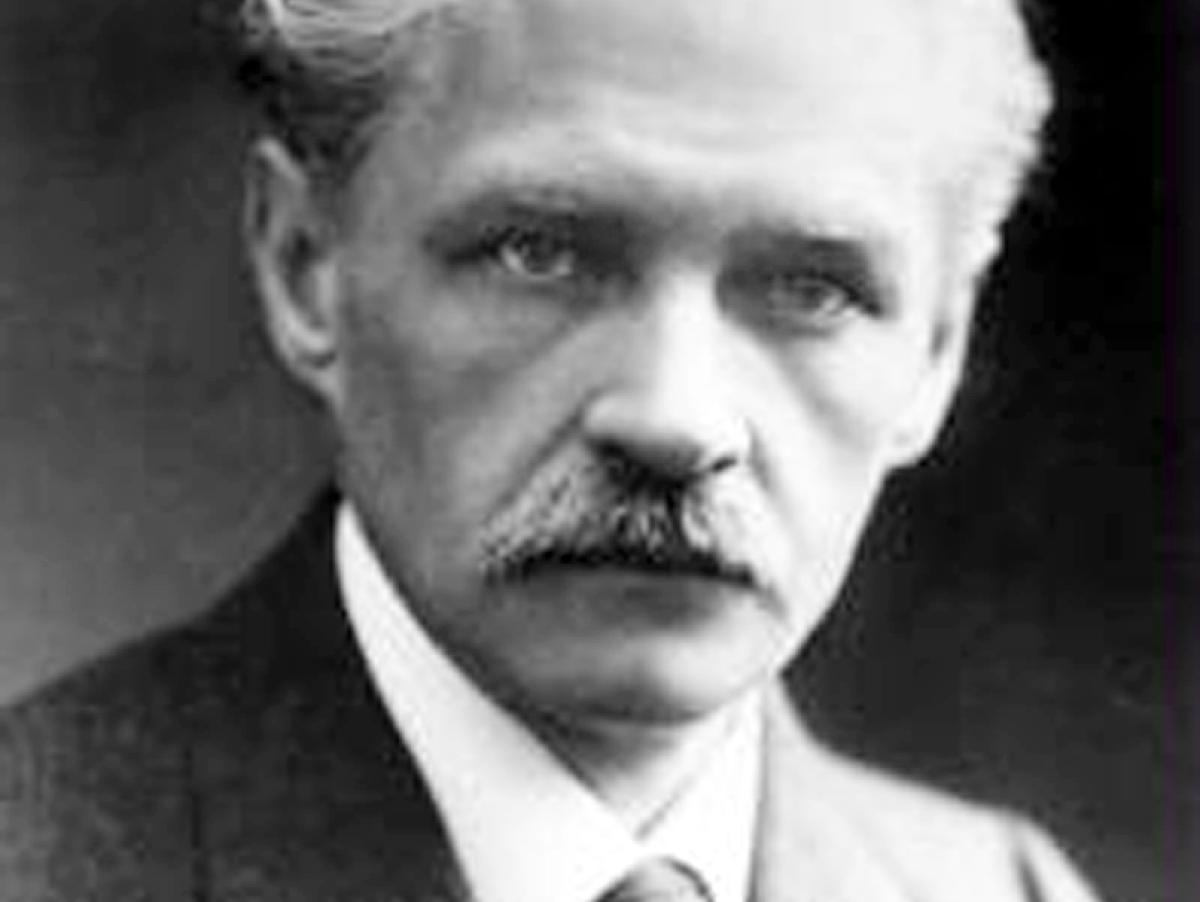
Gustav Jenner

Gustav Jenner was born in Keitum on the island of Sylt. His father, a doctor, came from a Scottish family: he claimed descent from Edward Jenner, the discoverer of smallpox vaccine, and was related to the family who built the eponymous Art-Nouveau style department store which is one of the landmarks of Edinburgh’s Princes Street. While at school in Kiel, Jenner started to teach himself to write music but, after his father committed suicide in 1884 (he had been accused of abusing female patients), he was befriended and assisted by the poet Klaus Groth, who arranged for him to study with Brahms’s old teacher Eduard Marxsen in Hamburg. Marxsen in his turn handed Jenner over to Brahms, with whom he studied in Vienna from February 1888 to 1895, also receiving instruction from Eusebius Mandyczewski. Though Brahms was a merciless critic of Jenner’s compositional attempts, he took great care over his welfare. He had him appointed Secretary of the Vienna Tonkünstlerverein and in 1895 arranged for him to become Musical Director and conductor at the University of Marburg, where he spent the rest of his career despite invitations to assume more prestigious posts in Breslau and Berlin. It was in Marburg that he died.
As a composer, Jenner concentrated on chamber music (three string quartets, a piano quartet, a trio for clarinet, horn and piano, three violin sonatas, a cello sonata and other works), choral pieces and songs. Though his music is highly conservative for his time and shows a strong Brahmsian imprint, he was capable of individual expression and his works are always finely wrought. Other than his works for voice, few of these works were published in his lifetime. His String Quartet No. 3 in F major has been published by Schott Music and his Piano Quartet in F major has been published by Edition Silvertrust. There is also a Serenade in A major for orchestra (1911–12), Jenner’s only orchestral work.



